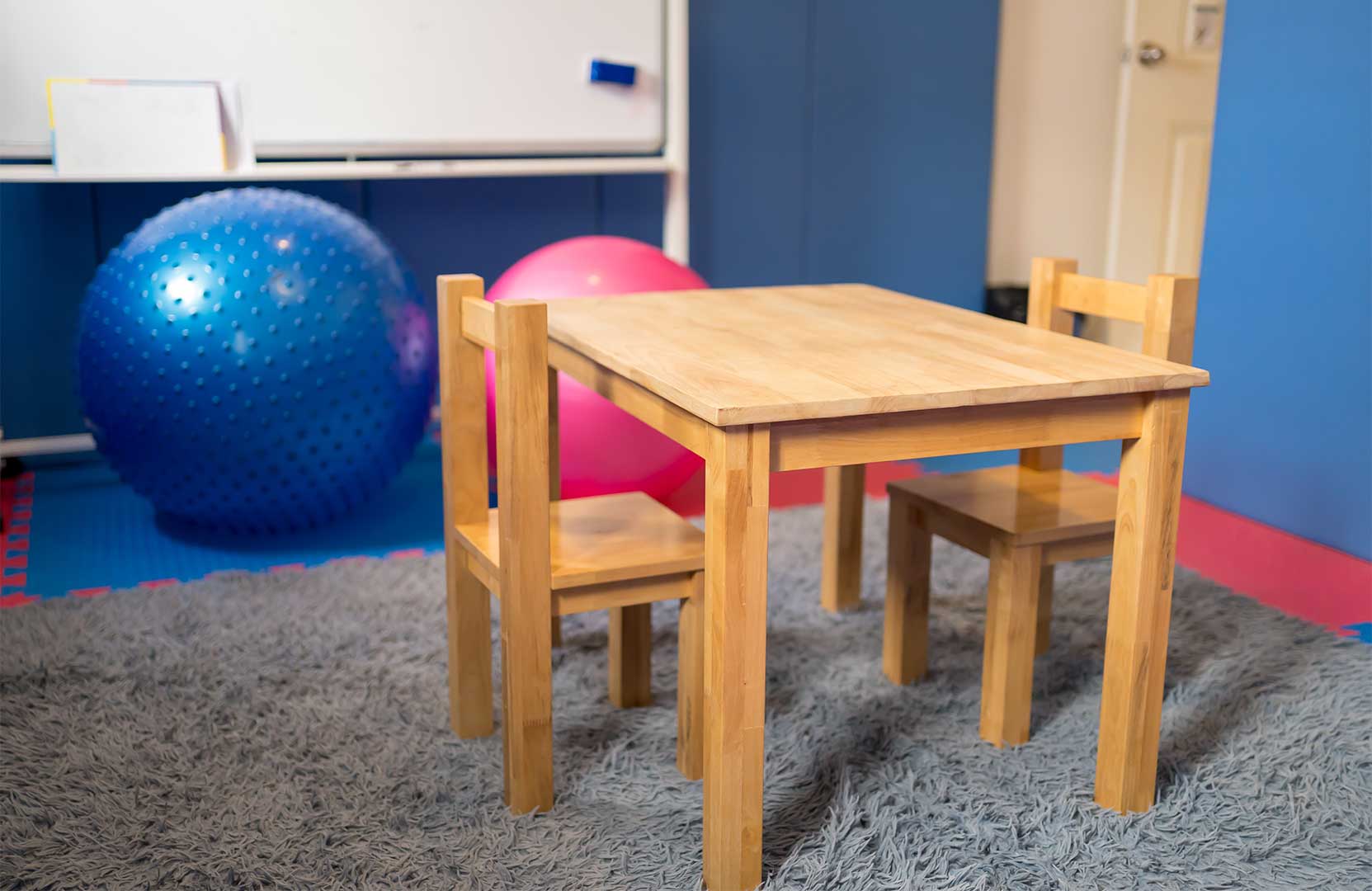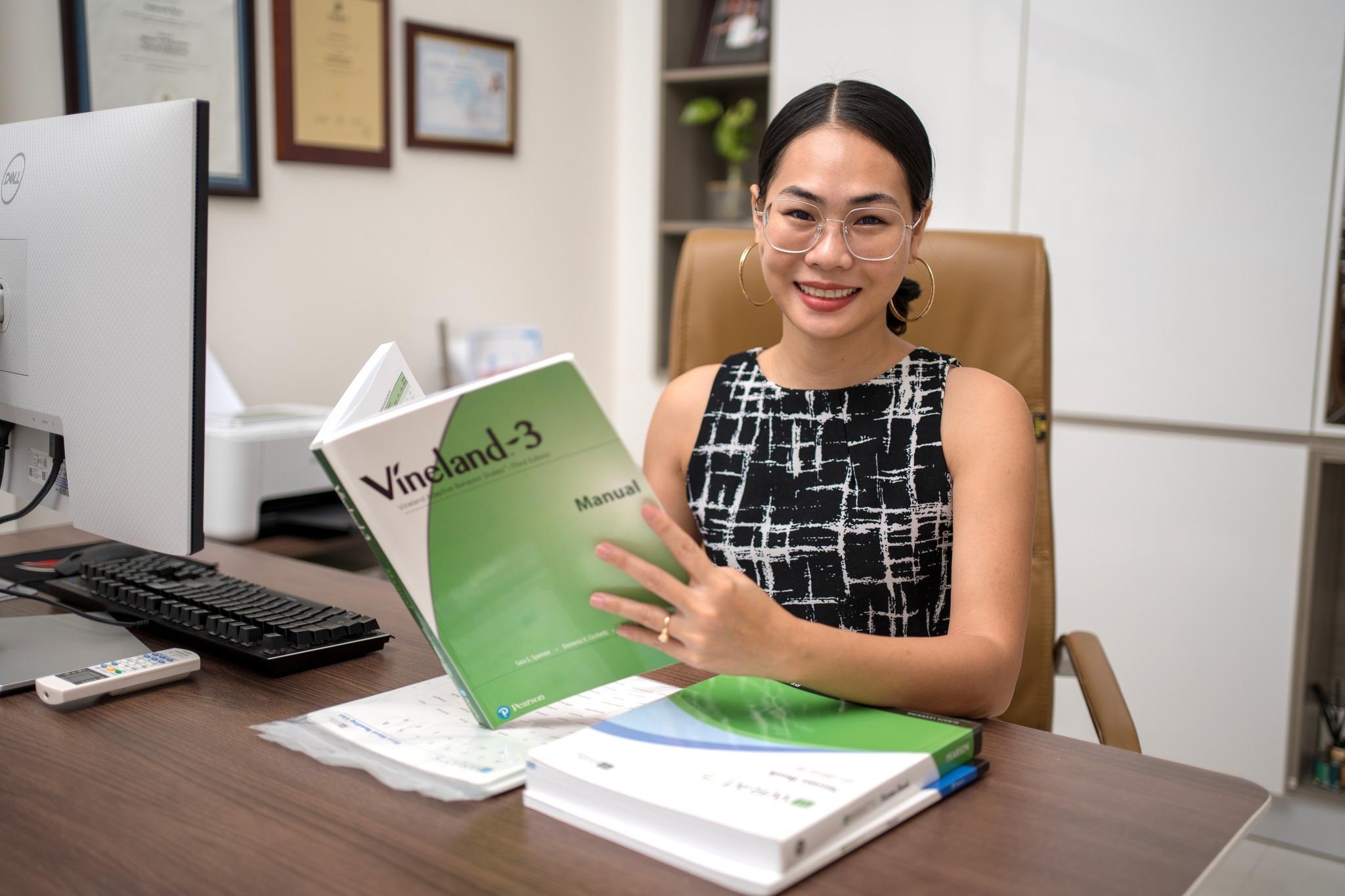Evidence-based practices (EBPs) are instructional and behavioral strategies that have been shown to be effective in improving student outcomes. EBPs are particularly important for students with disabilities, as they can help them to access the general education curriculum and make progress towards their individual education plan (IEP) goals.
There are many different EBPs that can be used in special education, and the best approach for a particular student will depend on their individual needs. Some common EBPs include:
- Direct instruction: This approach involves breaking down complex tasks into smaller steps and teaching them explicitly to students. Direct instruction is particularly effective for students with learning disabilities.
- Response to intervention (RTI): RTI is a multi-tiered system of instruction that provides students with increasingly intensive support based on their needs. RTI is effective for identifying and addressing students’ learning difficulties early on.
- Applied behavior analysis (ABA): ABA is a systematic approach to teaching new skills and behaviors. ABA is often used to help students with autism spectrum disorder (ASD) and other developmental disabilities.
- Positive behavior interventions and supports (PBIS): PBIS is a school-wide approach to promoting positive behavior and reducing problem behaviors. PBIS is effective for all students, including those with disabilities.
In addition to these specific EBPs, there are a number of general principles that can be applied to all special education instruction. These principles include:
- Differentiated instruction: This approach involves providing students with different instruction based on their individual needs. Differentiated instruction can help to ensure that all students are challenged and engaged in their learning.
- Universal design for learning (UDL): UDL is a framework for designing learning environments and materials that are accessible to all students. UDL can help to remove barriers to learning for students with disabilities.
- Collaboration: Collaboration between general education teachers, special education teachers, and other professionals is essential for providing effective services to students with disabilities.
When choosing EBPs for a student with disabilities, it is important to consider the following factors:
- The student’s individual needs and strengths
- The evidence base for the EBPs
- The feasibility of implementing the EBPs in the student’s current educational setting
- The family’s input and preferences
Once EBPs have been selected, it is important to implement them faithfully and monitor the student’s progress. If the student is not making progress, the EBPs may need to be adjusted or modified.
Here are some tips for implementing EBPs in special education:
- Start by identifying the student’s specific needs and goals.
- Select EBPs that have been shown to be effective for students with similar needs and goals.
- Develop a plan for implementing the EBPs in a way that is feasible and effective.
- Communicate with the student’s family and other professionals involved in the student’s education about the EBPs.
- Monitor the student’s progress and make adjustments to the EBPs as needed.
EBPs are essential for providing effective special education services to students with disabilities. By following the tips in this blog, parents and educators can choose and implement EBPs that will help students to reach their full potential.
Find out if your child needs extra support today!
- My child screams hysterically
- My child is mean to other children
- My child is always worried
- My child is scared to go to school
- My child is scared of loud noises
- My child doesn’t know how to read
- My child is scared to play outside
- My child does not respond to his name
- My child always gets in trouble
- My child fights with other children
- My child doesn’t know how to count
If you are concerned about your child’s development, contact us for Assessments: Phone/Telegram: 077.455.993 – Telegram Link: https://t.me/OrbRom
If you are concerned about your child’s development, contact us for Assessments.
Phone/Telegram: 077.455.993 Link: https://t.me/OrbRom






Leave A Comment